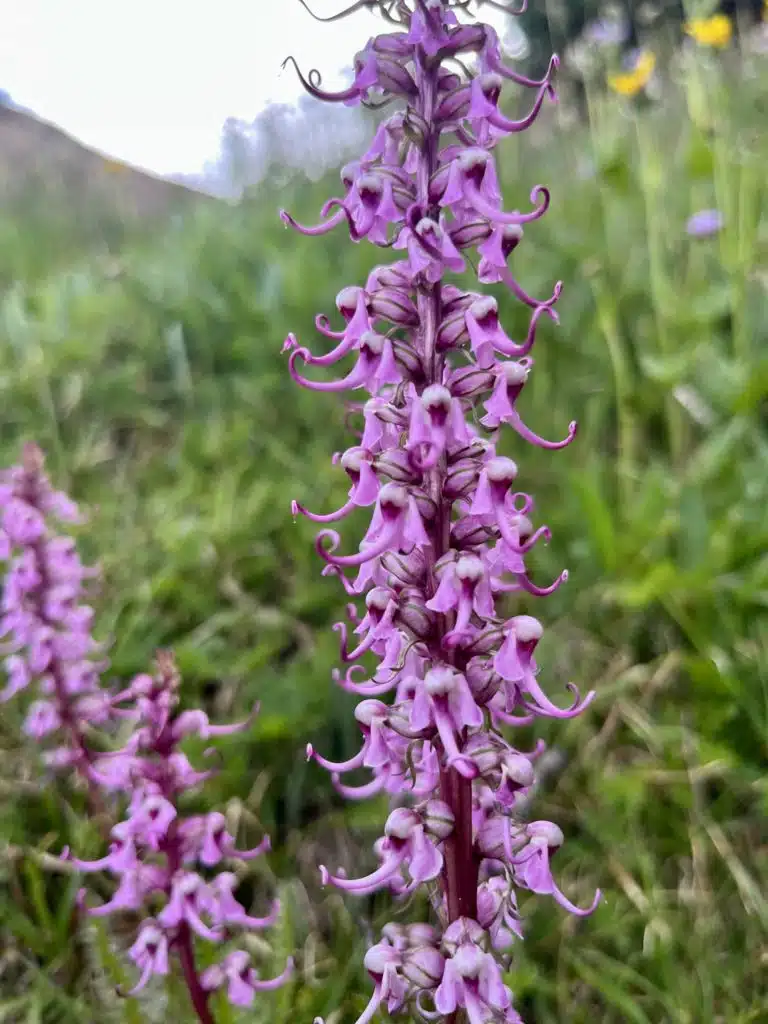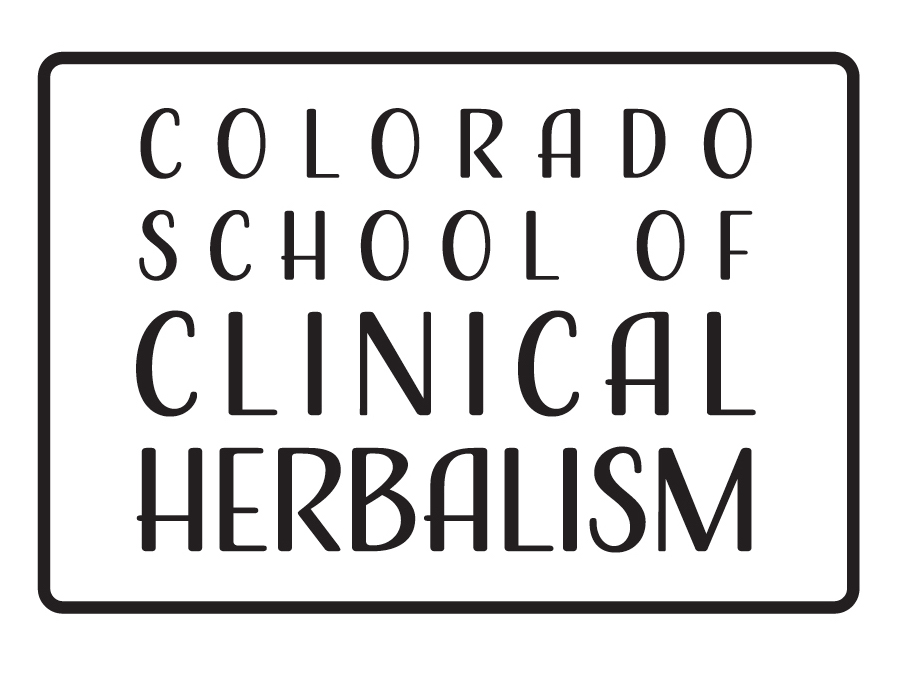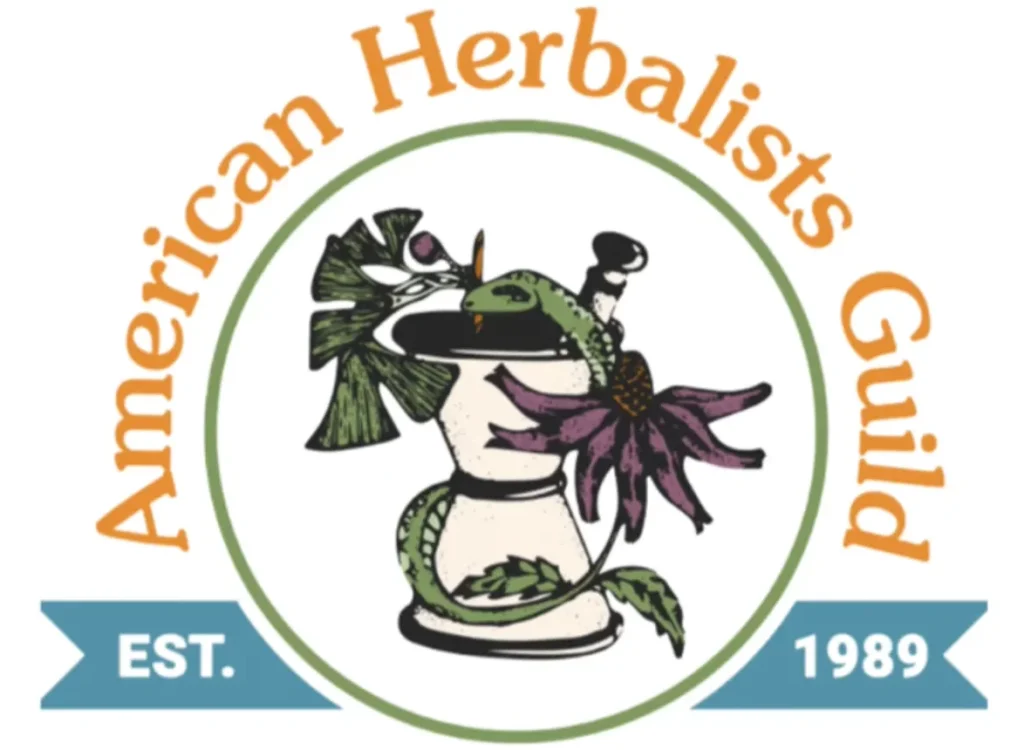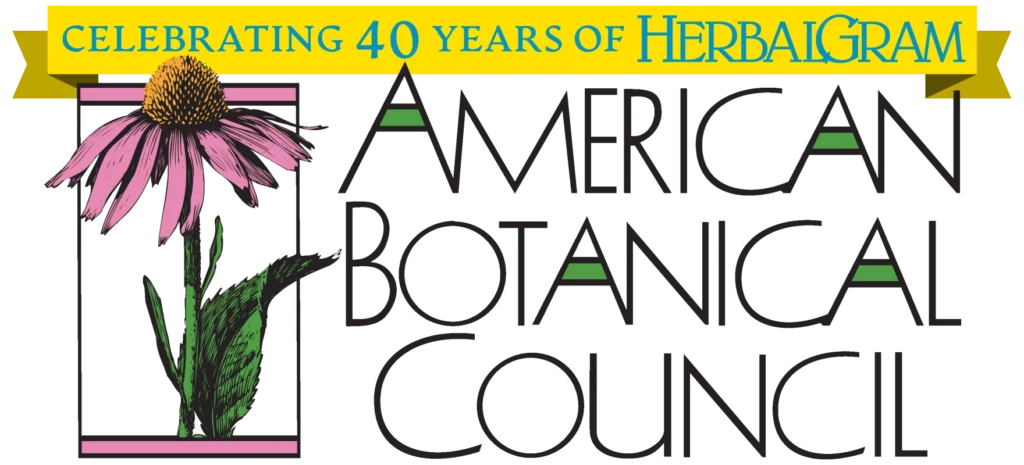
Author: Ashlyn Newcomb
Have you ever felt stressed or anxious? Based on statistics, the answer is probably yes.
Anxiety disorders are increasingly common, affecting nearly twenty percent of the adult population and thirty percent of adolescents. Even those of us who have not experienced an anxiety disorder have surely experienced feelings of stress or overwhelm at some point. Stress is at an all time high in recent years with the Covid-19 pandemic and our fast-paced culture.
Stress is an adaptive response of the nervous system meant to protect us from threats, but when the “threats” are never-ending, the stress response becomes more detrimental than it does adaptive. While anxiety disorders and stress are distinct experiences, many of the symptoms are similar and can often be supported with the same therapeutics.
Symptoms of Anxiety: Impact on the Body & Mind
Stress and anxiety both affect the body and mind in a myriad of ways, Including:
- Frequent, ongoing, repetitive, and excessive thoughts/feelings of worry & nervousness
- Rapid/increased heart rate
- Rapid, shallow breathing; feeling unable to take a deep breath
- Excessive perspiration and sweating
- Feeling tense or having muscle aches
- Trembling, quivering, and shakiness
- Fatigue, tiredness
- Difficulty sleeping
- Trouble concentrating, feeling as if the mind goes blank
- Irritability, edginess, and restlessness
- Headaches
- Digestive upset: including stomach pain, discomfort, nausea, and diarrhea
- Avoidance of circumstances that might trigger anxiety
Herbs as a Somatic Experience & Emotional Ally
Beyond the direct impact that herbs can have on the nervous system and other body systems impacted by stress and anxiety, another aspect of the therapeutic benefit is the somatic experience of consuming the herbs, and the relationship built with the herbs over time.
Working with herbs can become a practice of mindfulness and somatic awareness, offering us an even richer medicine and a deeper sense of connection with the plants. Slowing down and taking the time to really notice the taste, smell, color, and texture of the herbs can offer a deeper connection with our perceptual senses and bring us more fully into the present moment. Bringing our full awareness to the internal shifts and sensations that the herbs offer us can help us to feel more connected to ourselves and our internal landscape. Engaging more deeply with the present moment and connecting with our internal experience can ease feelings of stress and anxiety both immediately and long-term. Building a sense of connection with specific herbs over time can offer us something to turn to during times of stress and uncertainty, and can help us feel more connected to the world around us.
Nervines: Supportive Herbs for Stress, Anxiety, and the Nervous System
The primary category of herbs worked with to support the nervous system are referred to as nervines. The term nervine refers broadly to any herb that affects the nervous system, and includes Trophorestoratives, Sedatives/Relaxants, and Hypnotics.
Nervine trophorestoratives nourish, strengthen, rebuild, and restore a depleted or worn down nervous system, and aid in the restoration of normal nervous system functioning. Many have secondary immediate actions as relaxants, while the trophorestorative effects are most noticeable with long-term use. Nervine trophorestortive herbs include: Milky Oat Tops, St. John’s Wort, Skullcap, and Wood Betony.
Nervine Sedatives/Relaxants gently relax physical and emotional tension, calming the nervous system without causing excessive drowsiness. These herbs facilitate a shift from a state of sympathetic arousal back to a parasympathetic state. Many have secondary actions that directly support the digestive system. Nervine sedative/relaxant herbs include: Chamomile, Passionflower, and Vervain.
Nervine Hypnotics function in a similar way as nervine relaxants, but with stronger effects.
They typically generate noticeable feelings of sleepiness, relaxation, and sedation, especially in higher doses. These herbs are helpful for more extreme or acute nervous system conditions such as panic attacks, pain, extreme anxiety, and insomnia. Nervine hypnotic herbs include: Hops, Pedicularis, and California Poppy.
Herbs for the Spiritual & Emotional Heart
Some herbs are particularly helpful in soothing the spiritual/emotional heart. Working with these herbs can be incredibly supportive when anxiety is related to feelings of grief, loss, isolation, heartbreak, boundary work, and emotional tenderness. Herbs for the spiritual and emotional heart include: Hawthorn, Linden, Rose, Mimosa, and Motherwort.
Supporting the Whole Person: Moving Beyond Palliative Herbs
When working with herbs to support stress and anxiety, it is important to support the whole person and their whole experience rather than simply suppressing the acute symptoms. While herbs can be an incredibly supportive therapeutic, it is important to always seek out the root cause and address it as best as possible.
Resources:
Anxiety & Depression Association of America: Anxiety Disorders – Facts & Statistics
American Psychological Association – Stress in America 2020: A National Mental Health Crisis


